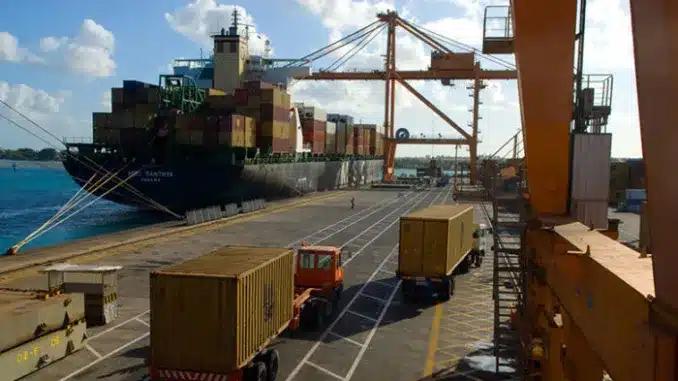
Africa, a continent steeped in diverse cultures and rich resources, has long been a hub for traditional trade, marked by bustling markets, face-to-face transactions, and intricate networks of commerce. A digital revolution that is reshaping the contours of Pan-African trade. Africa’s trade legacy is woven into the fabric of its societies, with vibrant markets serving as epicenters of economic activity. From the bustling souks of North Africa to the colorful bazaars of West Africa and the intricate trading routes of the East, traditional commerce has been a dynamic force connecting communities and nations.
The rise of e-commerce is ushering in an era of borderless transactions, redefining how goods and services move across the continent. As online platforms gain prominence, the traditional barriers of time and space are giving way to a new era of convenience and accessibility.
E-commerce is not merely a technological advancement but a transformative force that holds the potential to bridge gaps, foster collaboration, and propel Pan-African trade into uncharted territories.
The Growth Of E-commerce In Africa
Africa has become a focal point for the global expansion of e-commerce, experiencing a digital renaissance that is reshaping the way business is conducted across the continent. The landscape is evolving from traditional marketplaces to virtual storefronts, with a surge in online platforms catering to the diverse needs of consumers and businesses alike. Internet penetration and mobile connectivity have played vital roles in driving this evolution. With the increasing availability of affordable smartphones and improved internet infrastructure, a growing number of Africans are gaining access to the digital realm, providing fertile ground for the flourishing e-commerce ecosystem.
E-commerce’s Impact on Pan-African Trade
One of the defining features of e-commerce in Africa is its ability to transcend geographical limitations, providing businesses with a digital gateway to markets beyond their national borders. The traditional constraints that once hindered cross-border trade are giving way to a borderless digital landscape, where consumers and businesses connect across the continent.
E-commerce platforms serve as virtual bridges, enabling entrepreneurs to showcase their products or services to a wider audience.
E-commerce acts as a facilitator for cross-border trade, simplifying the complexities that often accompany international transactions. Digital platforms provide a common ground where buyers and sellers from different African nations can engage in trade with increased efficiency and reduced barriers. Innovations in logistics, payment systems, and customs procedures are streamlining cross-border operations. The collaborative efforts of governments and private enterprises are playing a crucial role in creating an environment conducive to Pan-African trade.
The Role Of Technology In Pan-African Trade
Technology emerges as a driving force behind the optimization of supply chains. E-commerce platforms leverage advanced technologies to enhance the efficiency and reliability of the entire supply chain, from sourcing raw materials to delivering finished products. Blockchain technology also paved the way for E-commerce, platforms like immediate momentum are breaking down logistical barriers and creating a more interconnected and streamlined trade ecosystem.
Artificial intelligence (AI) and data analytics are revolutionizing the landscape of Pan-African trade, offering insights and predictive capabilities that empower businesses to make informed decisions.
Sum Up
In concluding our exploration of the impact of e-commerce on Pan-African trade, it becomes evident that we are witnessing a profound transformation of the economic landscape across the continent. The journey from traditional markets to the digital frontier, marked by explosive growth in online retail, reflects shifting consumer preferences and the widespread adoption of e-commerce. Local and international players, from industry leaders like Jumia and Konga to global giants like Amazon, are actively shaping the Pan-African trade landscape, fostering competition and innovation. E-commerce emerges as a powerful force in breaking down borders, expanding market reach, and facilitating cross-border collaboration.







